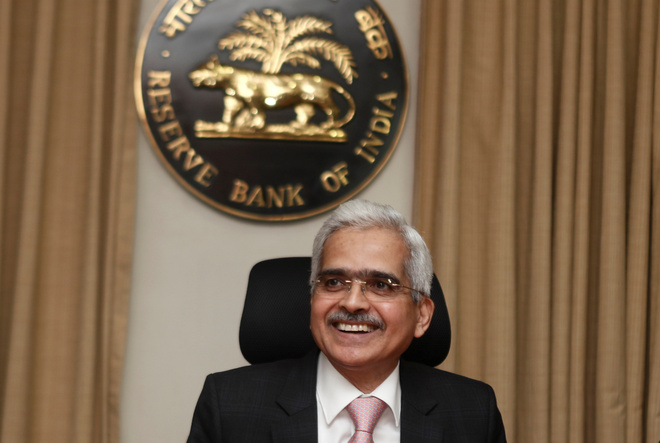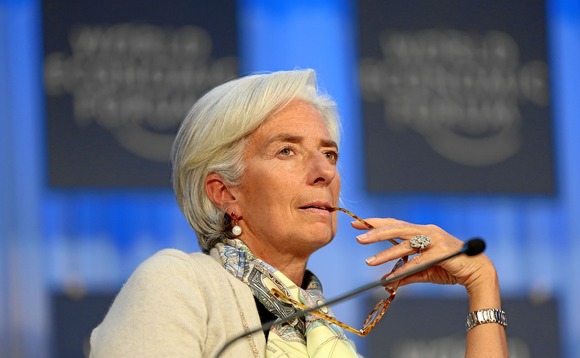- The Reserve Bank of India (RBI) is India’s central bank. RBI considers cryptocurrencies to be an obvious hazard. The threats to economic stability brought by crypto assets, although, seem to be limited at the moment.
RBI on crypto stability
The 25th edition of the Reserve Bank of India’s Financial Stability Report (FSR) was published on Thursday. Governor of the RBI Shaktikanta Das wrote: “Cryptocurrencies are a clear danger. Anything that derives value based on make-believe, without any underlying, is just speculation under a sophisticated name.”

The head of the RBI went on to say that although innovation has helped the financial industry expand and that its advantages should be fully appreciated, it also poses a risk to the financial system’s stability and must be resisted.
A detailed report by RBI
In its analysis, the Indian central bank, RBI examines the dangers to financial stability presented by cryptocurrencies, citing research from several sources, including that of the Financial Stability Board (FSB). According to the analysis, because crypto assets are still only a minor portion of the market, there don’t seem to be many concerns about financial stability (0.4 percent of global financial assets).
It also highlights how limited crypto’s connections are to the established banking system. The paper also notes that because these investments and the environment that supports their growth are changing, the risks that go along with them are probably going to increase. Stablecoins and central bank virtual money are also covered in the research. The RBI observed that in general, the dangers associated with stablecoins that assert to achieve a constant value versus current digital currencies call for strict observation.
ECB president made a similar remark

The European Central Bank president Christine Lagarde made some remarks on financial sustainability and cryptocurrencies that are echoed in the RBI announcement. She stated in June that the potential threats to economic stability from digital currencies and decentralized financing are substantial. This would be especially true if the marketplaces and facilities for crypto-assets continue to expand rapidly, and if connections to both the conventional finance industry and the economy at large are strengthened.

